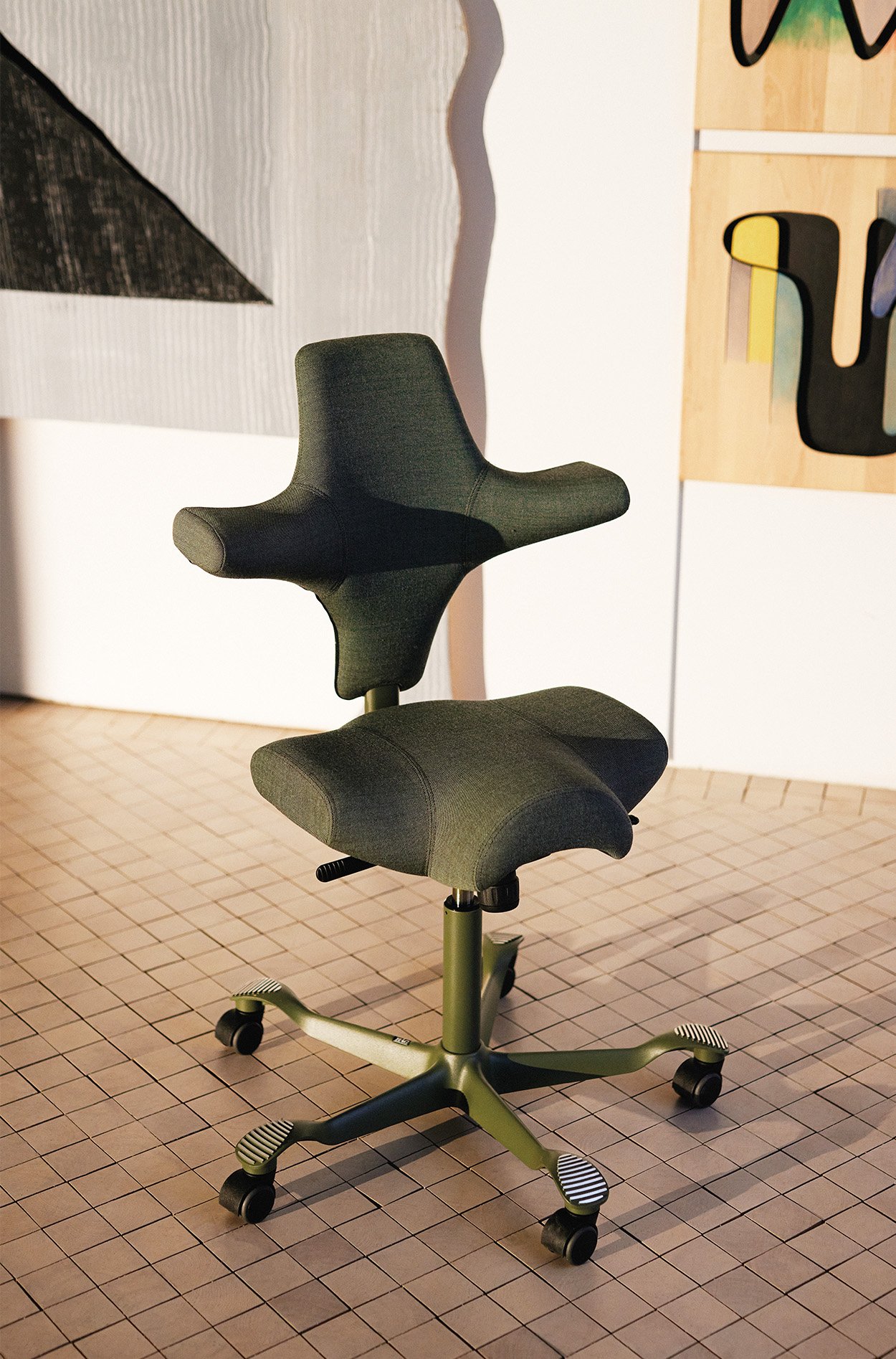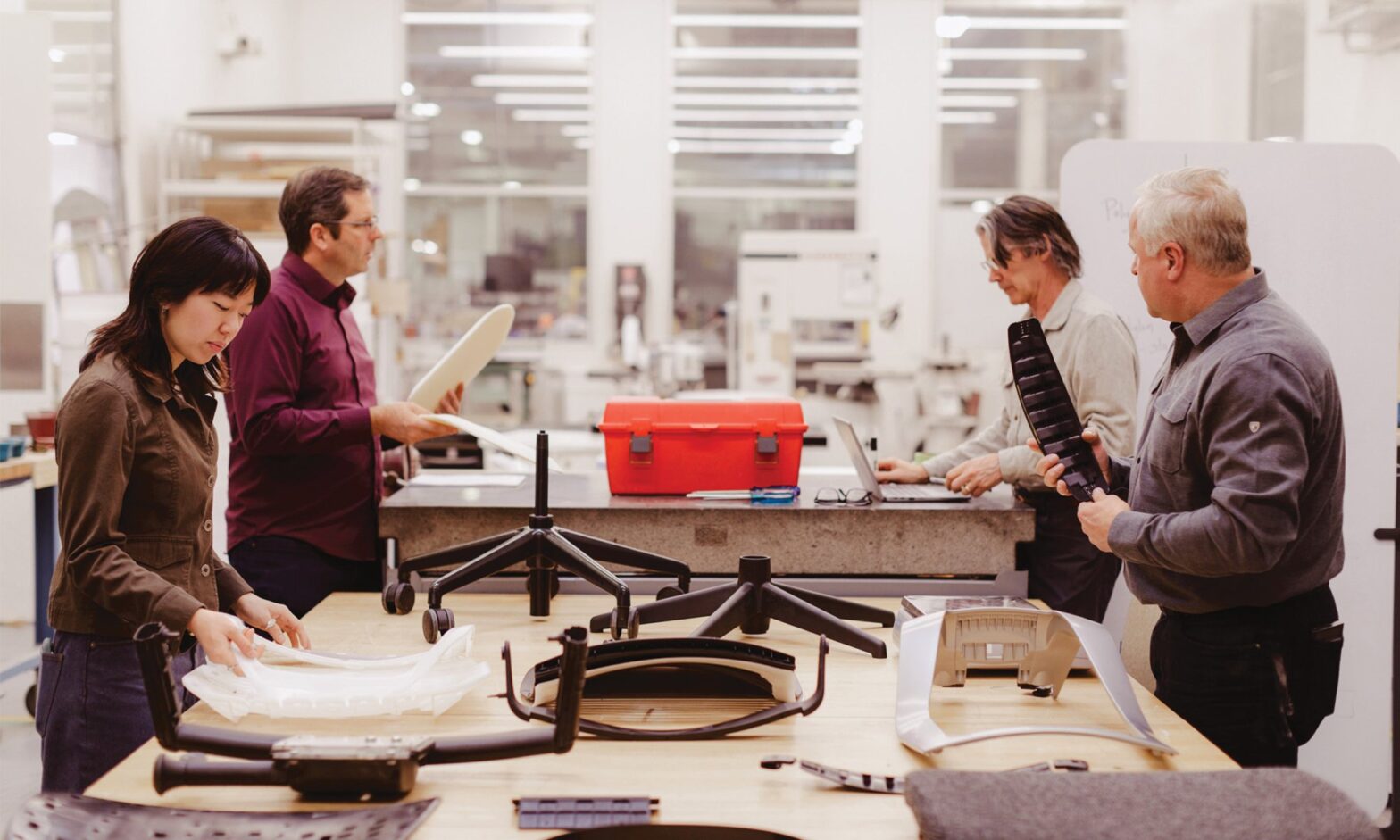Steel case
Steelcase is a pioneer for disassembly for disassembly and takes the next step with the bold circular by Steelcase program. This initiative aims to give products a second life and to redefine sustainability at the workplace. Instead of adapting to the forms of the industry, Steelcase designs in every phase of the life cycle of a product for durability, repair, reprocessing and recycling. This program includes worn or damaged chairs from lines such as gestures, jump and amia-destroyed, renovated and returned to customers with less than half of the carbon emissions of a new product and a full guarantee of 12 years.
However, this shift is more than operational – it is a new way of working with customers and industry partners. “Circular by Steelcase offers our customers a number of solutions when it is time for a change,” says Kaila Bryzgalski, Marketing Manager from Product Sustainability. “Just as the lifespan of our products extends, we help us to extend the lifespan of our customer interactions in a circle from Steelcase! It is a way to find a new value.”
The company's commitment to circularity is also of central importance for Net Zero by 2050. In a world in which the carbon effects of repeated interior renovations that can put the structure of a building in the shade, SteelCases approach signals a necessary change of change in the industry – one that reused, recycling, newacher and a future in which furniture never becomes waste.

series
Flokk, the parent company behind the renowned Håg Capisco chairman, has redesigned its construction conference in a limited collection in limited edition, which were made exclusively from recycled materials. “By inclusion of recycled components in such an iconic product, we signal that sustainability and high performance can coexist,” says Henning Karlsrud, CEO of Flokk. “It is a precedent for other product lines and reinforces our internal sustainability culture. This step also serves as a concrete evidence that it is possible to facilitate the change from virgin materials in existing designs.”
This postponement has also deepened the relationships from Flokk to Supply Cchain partners and triggered new cooperation to develop new procurement methods and the improvement of material traceability. Flokk keeps production near key markets and priorities of local suppliers. It reduces transport emissions and builds resilience and transparency during its value chain. The result is a chair that is as sustainable as iconic – and a business model that paves the way for a circular future.
